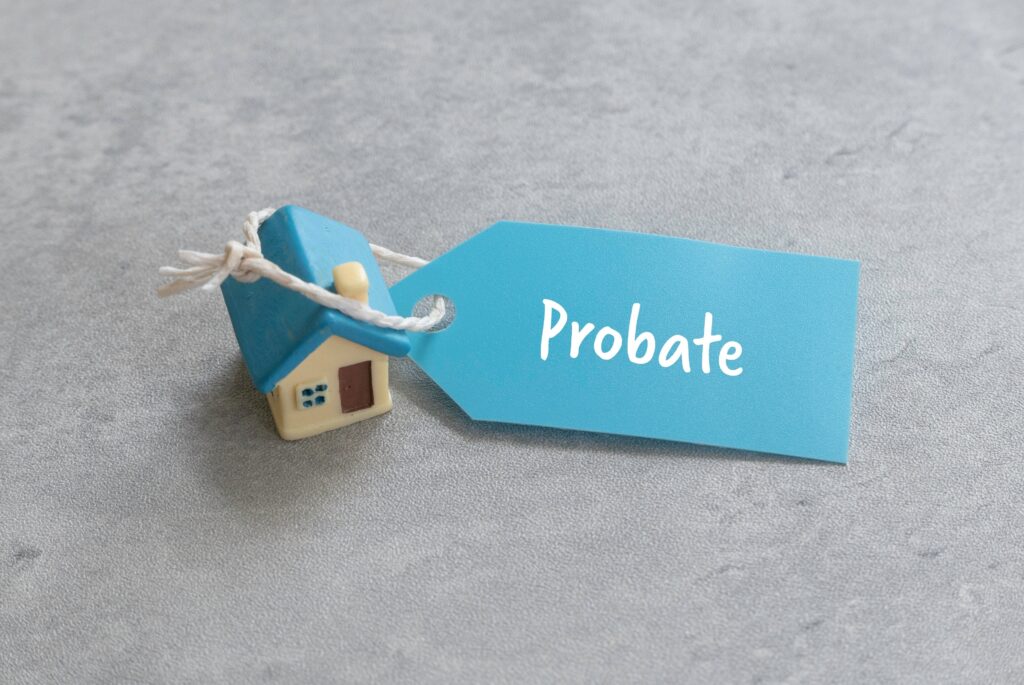Understanding Inheritance Delays
Inheritance delays can significantly impact the beneficiaries of an estate, often leading to frustration and financial strain. These delays can arise from various factors, including disputes among heirs, incomplete documentation, or the complexity of the estate itself. Understanding these delays is crucial for beneficiaries to manage their expectations and plan accordingly.
For instance, if an estate involves multiple properties or business interests, the probate process may take longer due to the need for appraisals and valuations. Additionally, if there are disagreements among heirs regarding the distribution of assets, this can further prolong the process, necessitating legal intervention or mediation.
Common Challenges in the Probate Process
The probate process, while designed to ensure a fair distribution of an estate, often comes with its own set of challenges. These can include navigating court requirements, dealing with creditor claims, and addressing potential will contests. Understanding these challenges can help individuals prepare better for what lies ahead during the probate process.
For example, a common challenge is the requirement for formal notice to all heirs and beneficiaries, which can lead to disputes if someone feels they were not adequately informed. Additionally, creditors may file claims against the estate, complicating the distribution of assets and potentially leading to delays in finalizing the probate process.
Strategies to Expedite Probate Proceedings
There are several strategies that individuals can employ to expedite probate proceedings, minimizing delays and ensuring a smoother process. Engaging an experienced probate attorney early in the process can provide valuable guidance and help navigate potential pitfalls that could lead to delays.
Moreover, keeping comprehensive records and ensuring all necessary documents are prepared and filed correctly can significantly reduce the time taken in probate. For instance, utilizing a small estate affidavit in cases where the estate qualifies can bypass lengthy probate procedures entirely, allowing for quicker access to assets for beneficiaries.
The Role of a Probate Attorney
A probate attorney plays a crucial role in guiding families through the often-complex probate process. Their expertise can help ensure that all legal requirements are met, disputes are managed effectively, and the estate is settled as efficiently as possible.
Probate attorneys can assist with filing necessary documents, representing the estate in court, and advising executors on their duties. Their involvement can be particularly beneficial in cases where there are disputes among heirs or when navigating the complexities of large estates, ultimately saving time and reducing the stress associated with probate.

